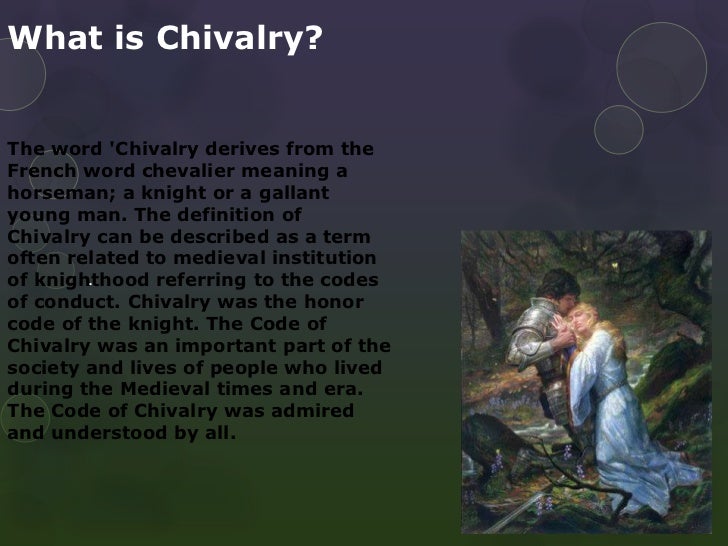


He then gains wisdom as he witnesses Hygelac’s form of generosity towards him and his people, “The treasures that Hygelac lavished on me…He gave me land/ and the security land brings, so he had no call/ to go looking for some lesser champion,” (2490-2494). These two titles have very distinct roles in Anglo-Saxon society.īeowulf, as a young warrior need not much to worry about status and having the knowledge that his people are safe and satisfied. Based on the duration of this poem, Beowulf is accustomed to the warrior duties and later on the lifestyle of a king. (2532-2535) He believes that terminating the dragon is the duty only he can accomplish as well as longing for a feeling of satisfaction as he seeks the glory of winning the battle and knowing he has demolished the risk of danger his people will have to face. I shall win the gold by my courage, or else mortal combat, doom of battle, will bear your lord away. Demonstrating his courage, Beowulf states: This fight is not yours, nor is it up to any man except me to measure his strength against the monster or to prove his worth. As Beowulf prepares to fight the dragon, he easily allows the warriors to stand their place and not go any further. If it was not for Hygelac, Beowulf would not have survived such a long, prosperous life, mentoring Hygelac’s son and soon holding the throne himself. Beowulf acknowledges how privileged he is to have a life of luxury and obtain such wisdom inherited by Hygelac. A sorrowful mood is brought upon this specific text, as Beowulf reminisces on the death of Hygelac, “I marched ahead of him, always there/ at the front of the line and I shall fight like that/ for as long as I live…” (Beowulf 2497-2499). In one specific passage of this poem, Beowulf is portrayed as an ideal retainer by the loyalty, courage and fealty to the king he possesses.Īt the beginning of this passage, Beowulf reflects on King Hygelac and the many sacrifices and deeds he provided to Beowulf during his youth. In the passage from Beowulf, the poet’s interest in the duties of a loyal retainer and the duties of a great king are evident in the specific language he uses to describe Beowulf’s encounter with the dragon. Finally, the honorĬode (adab) of chivalry is explored in relation to the individual’s personal struggle against their ego and lower self (nafs).The Importance of the Retainer and King in the Heroic Code Members of the Anglo-Saxon warrior society subscribed to an ethos that celebrated the heroic code. Then understanding how it is applied in service to others, in graciousness and generosity, and in respect and friendship. The learning outcomes of this course include understanding the formal, working definition of the term futuwwa. The other created things of Allah, the Messenger of Allah (Allah bless him and give him peace), and ultimately Allah Most High. This course explores its impact in how we are to approach others in our lives, It is something that has an impact on every aspect of our lives. The ethic of spiritual chivalry-or preferring others over one’s self-is one that has dizzying ramifications. This course allows for a comprehensive understanding of the many meanings and consequences that this term has for Muslims.
#Chivalry code of knowledge full
This text explores the ethics of being spiritually chivalrous in preferring others over one’s self and takes a look at the many, extensive consequences of doing so.įutuwwa is a term that many of us hear in lectures and classes, but don’t have a full understanding of its true meaning.

Futuwwa, spiritual chivalry, is the cornerstone of the journey of any seeker of knowledge. This course is a guided reading of Shaykh Abu ‘Abd al-Rahman al-Sulami’s book titled ‘Kitab Al-Futuwwa’.


 0 kommentar(er)
0 kommentar(er)
